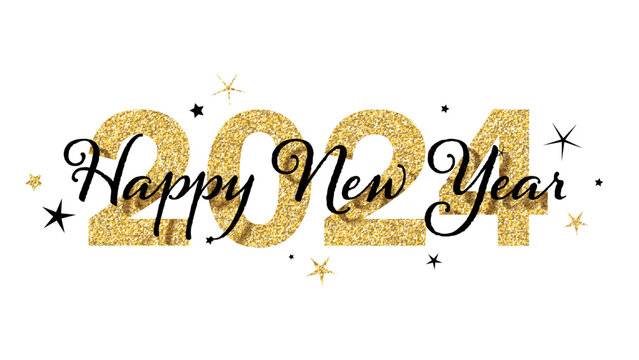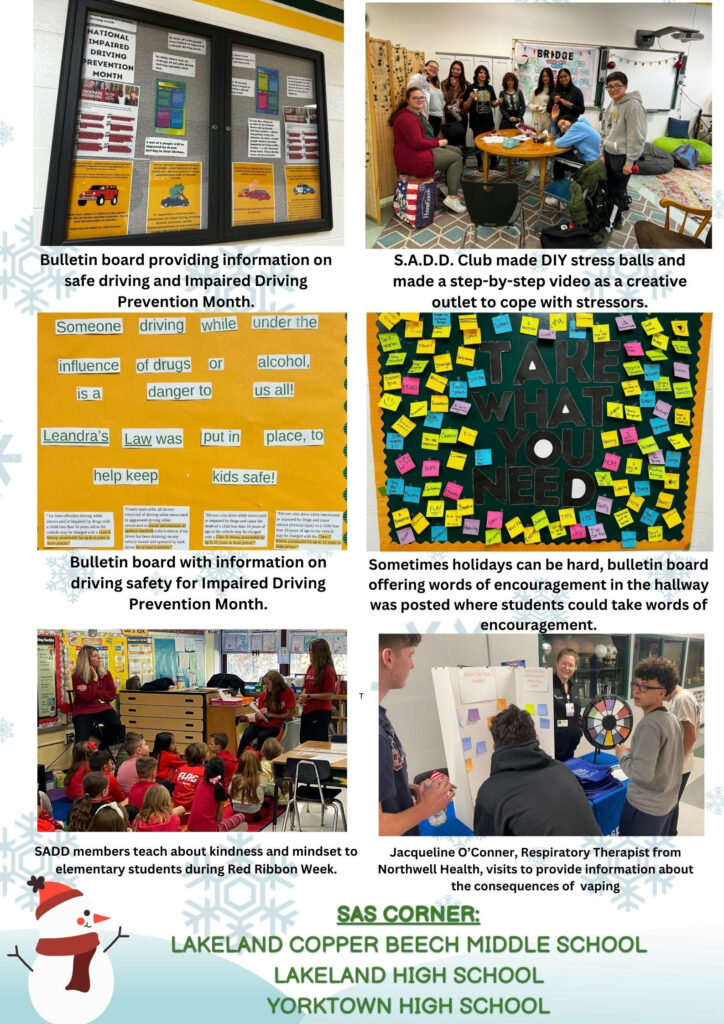
4 New Year’s Resolutions Therapists Make
Resolution 1: Prioritize radical self-care.
Radical self-care is looking beyond the individual behaviors that make up self-care and moving to an understanding that self-care is non-negotiable ― a mindset that should be implemented at all times. Additionally, it should be proactive instead of reactive to issues like burnout or exhaustion.
What that means for you will be different than what it means for your best friend. Maybe you need time to journal or exercise or read a good book. Maybe you need to set aside time to have a clean space. Whatever it is, it’s your radical self-care, and it’s important.
Resolution 2: Maintain boundaries.
Boundaries is more than a buzzword, it’s a way to protect yourself emotionally, physically, financially and mentally from the stressors around you.
For instance, if 10 minutes of meditation is part of your self-care routine, nothing should get in the way of it, including your kids, partner, friends or colleagues. You can let those in your life know that this is the carved-out time for you, and if someone tries to call you during that time, you can maintain that boundary by saying, “This is my 10 minutes, it’s important for me to refresh and rejuvenate, I’ll be able to get back to you in the next 10 to 15 minutes.”
Resolution 3: Focus on getting more sleep.
Evidence shows sleep is crucial for both our physical and mental health. According to the National Heart, Lung and Blood Institute, not getting enough sleep is linked to heart disease, high blood pressure and stroke. Not getting enough sleep can also make it harder to deal with day-to-day stressors and can result in next-day brain fog.
Resolution 4: Be intentional about phone use.
It’s easy to slip into doomscrolling and equally as easy to get caught up in your phone without realizing how much time has passed. Try to find a balance between staying informed about what’s going on in the world, because that’s very important, and also attending to what’s healthy in terms of what you’re taking in versus what becomes too overwhelming and paralyzing in a way.
Facts About Fentanyl
Fighting to combat the opioid crisis: Read more.
Volunteer Opportunities
There are a variety of volunteer opportunities at awesome nonprofits throughout Westchester and Putnam Counties. To view these opportunities, please check out Volunteer New York!
_______________________
Yorktown Leos Club Leadership, Experience, Opportunity! The Yorktown Leos are a community service club for people ages 12-25 willing to help others in the community. They host and participate in a variety of fun and collaborative events. The Yorktown Leos Club has been helping the Yorktown community for over 25 years and to learn how to get involved, click here.
Student Assistance Services Corner
“Helping Students Enhance Their Well Being by Making Healthy Decisions and Remaining Substance Free”
We are thrilled to contribute a new section to the ASK monthly newsletter where we may connect with even more families and share news about what is going on in our respective schools. Several of our area schools are partnered with Student Assistance Services to provide substance use prevention and intervention services to students. Student Assistance Services is funded by the NYS Office of Addiction Services and Supports through the Westchester County Department of Community Mental Health, the school district, and by corporate and private donations.
At the heart of this initiative are Student Assistance Counselors, whose role includes individual and small group counseling. Beyond this, they engage with students in classroom presentations and school-wide activities to provide alcohol, tobacco, vaping and other drug prevention. They also advise leadership clubs to encourage peer to peer education. All of these services extend to addressing early identification of students facing substance-related challenges, such as a friend or family member’s use, as well as those
dealing with issues such as bullying and problem gambling.
It is important to note that participation in the program is not limited to students directly involved with substances. Student Assistance Counselors can support all students, regardless of their specific challenges. Our mission is to reduce risk factors associated with substance use while strengthening protective factors, creating a resilient foundation for every student.
A partnership between a parent/guardian and counselor best supports the nurturing of the social and emotional wellbeing of students. We encourage you to contact the Student Assistance Counselor at your child’s school for a confidential consultation.
Yorktown High School: Kiara Loughran, MS, sacounselor@yorktown.org
Lakeland High School: Sasha Meyer Porco, LMSW, CASAC. , smeyerporco@lakelandschools.org
Lakeland Copper Beech Middle School, Ms. Finan, MS, lfinan@lakelandschools.org

Upcoming Events
Weekly Spotlight Family Support Groups
From our partners at Drug Crisis in Our Backyard, weekly Spotlight Family Support Groups, held virtually every Tuesday and Wednesday via Zoom. Spotlight on Recovery is a Family Educational and Support Group for families struggling with a loved one misusing substances. For more information, click here.
The Parent Support Network
The Parent Support Network is a program of The Youth Mental Health Project that seeks to provide support for parents and guardians who are concerned about the mental health of their children (ages 1 -25) through confidential, peer-to-peer meetings. For a list of upcoming virtual meetings, click here.
NAMI Westchester
The families and members of NAMI Westchester are here to help! They offer understanding to anyone concerned about mental illnesses and the treatment of mental illness. To view their calendar, click here.
Westchester Breathes is an ongoing program offered by the Westchester Library System offering an experience of gentle movement, breathing and relaxation exercises that reduce stress and anxiety and increase a sense of calm and well-being. These exercises are simple and evidence-based – which is to say …they work! They are free and on Zoom. Register here.
January 4 – Understanding Seasonal Affective Disorder
Explore the signs and symptoms of seasonal affective disorder, when it’s time to see a doctor, and what treatment options are available. Discuss practical ways to manage symptoms and support loved ones who are struggling. Register here.
January 8 – Types of Bullying and the Impact on Children
Cyber-bullying, “mean girls”, sexual harassment, racial & ethnic slurs – how do we help kids recognize and respond to bullying? Explore the types of bullying, risk factors for being bullied, and how bullying impacts children at different developmental stages. Register here.
January 18 – Virtual Naloxone Training
Naloxone is a prescription medicine that reverses an overdose by blocking heroin or other opioids in the nervous system for 30-90 minutes. Naloxone is administered by injection or intranasal. Following training, participants receive a kit by mail. Presented by our partners at Drug Crisis in Our Backyard. Register by email: ssal@drugcrisisinourbackyard.com
January 22 – Helping Kids Cope with Bullying & How to Support Them, Part 2
Learn what is helpful to say to children when they are being bullied and how to help them know what to say to themselves & to the bully. Register here.
January 23 – Protective Power of Parents and Caregivers to Keep Young People Safe and Build Them to be their Best Selves
Join Dr. Ken Ginsburg, who will speak about the critical importance of parents and caring adults in the lives of adolescents. If you’re the parent of a teen, tune in to remind yourself how much you matter. If you have younger children, now is the time to invest in building wise, strong children who will thrive through adolescence and beyond. Register here.
